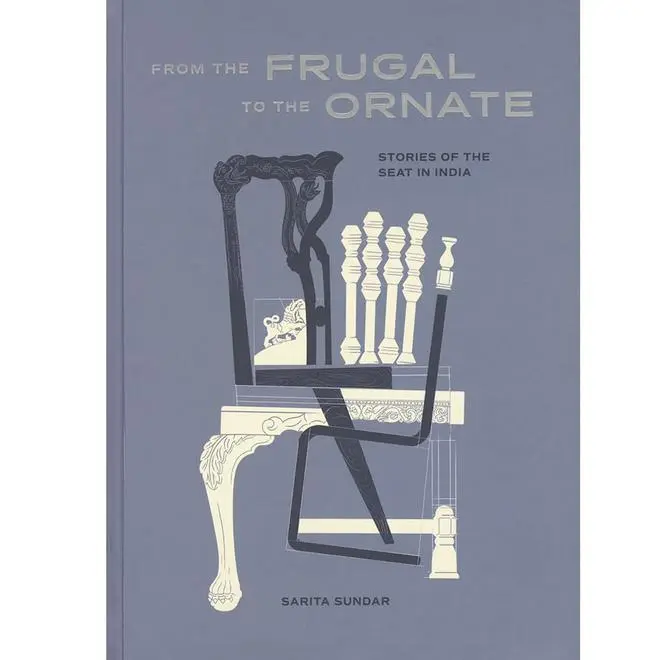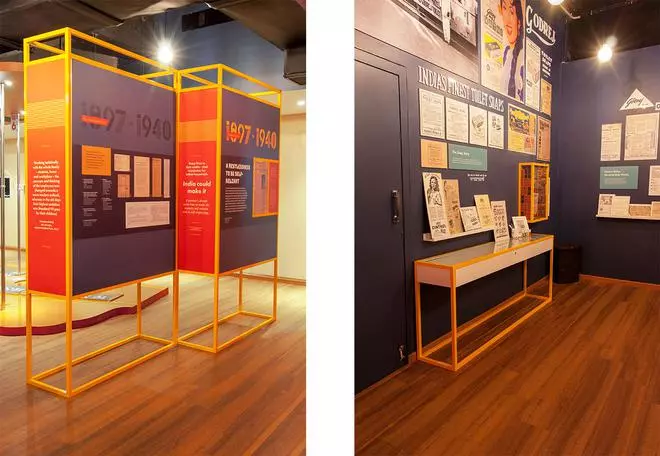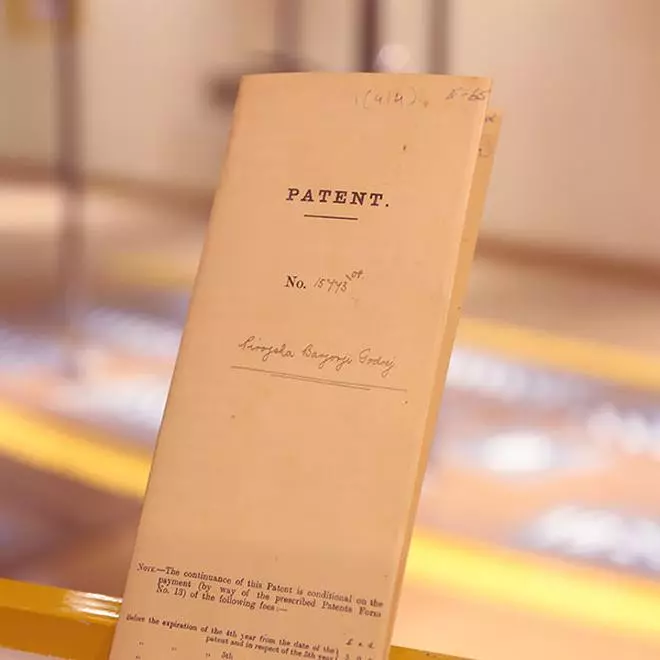Imagine a fat book devoted to the art of sitting! From the Frugal to the Ornate, Stories of the Seat in India is a delightful chronicle of an everyday object that is indispensable in our lives. The book, put together by Sarita Sundar, a researcher, designer and writer, is brought out by Godrej Archives, and takes you on a journey of mats, moodahs, sofas, chairs and more through the ages. From the rural to the regal, the lounge chair to the office chair, it’s all documented there in loving detail. The company has been promoting the book through discussions and exhibits.
Why would Godrej Archives spend so much resource and time producing a voluminous tome on chairs? Jamshyd N Godrej, Chairman and Managing Director Godrej & Boyce explains in his note in the book, “With this book, we also reflect on Godrej’s vast contribution of almost a century to the modern furniture industry in India.”

Tracing the roots
In a most subtle way, the book conveys the brand values of Godrej products. And it also beautifully details the historical trends and patterns that shaped the brand’s products.
The aim and purpose of Godrej Archives, set up by Sohrab Godrej in 1997 when the company was celebrating its centenary was to document its business history but as Vrunda Pathare, Head of Godrej Archives, explains, “We also realised that it’s not just the story of Godrej, as companies don’t operate in a vacuum. It had to be closely connected with what was happening in the nation – the trends, the consumer patterns. It was a larger history that we were looking at and we were trying to position Godrej within that larger history.”
For instance, in the 1930s, when thanks to TISCO and IISCO steel production really climbed in the country, it influenced the move to steel furniture, and steel began defining the concept of modernity. Trends like those are captured.

Back to the future exhibition at Godrej Archives | Photo Credit: Special Arrangement
As Pathare points out, several organisations — the Tatas, SBI , RBI — have painstakingly documented their business histories and increasingly more–like Wipro and Cipla are beginning to dive into their pasts. But where Godrej takes a different tack is in the width of its perspectives. As Pathare says, “Corporate past need not be just specific to the management practices or hardcore business history, but it can even be about the consumers’ history.”
This realisation actually came in, Pathare, says when they started interacting with people who had Godrej products and discovered the deep emotional connects they had with them. “You know — the steel cupboards, the refrigerator and so on, people had so many stories.”
That’s actually when the Archives unit began to think about inviting scholars. Just before the lockdown, it started a Scholar-in-Residence Program with Lakshmi Subramaniam, Visiting professor, BITS Pilani, Goa, becoming the first scholar. “She started looking at three products, which is the Godrej Storewel, the Godrej refrigerator and a chair. And completed a monograph.”

At Godrej archives | Photo Credit: Special Arrangement
While the formal scholar in residence programme has started only recently, in 2009, when Godrej closed down its typewriter manufacturing, it realised that it was its responsibility as the last manufacturer of the product to tell the story of the typewriter. After all this was a product that had impacted many lives, and made many careers. That’s when the idea of publications really began.
Apart from the typewriter and the chair’s stories, the unit has also documented people stories. For instance, a few years ago, the Archives team captured the story of the Navganis, a migrant community that has worked as loaders in Godrej factories since 1940.
The outside world can enjoy the work of the archives by visiting the permanent exhibition at the Godrej campus. But more importantly, the work of the archives is closely integrated into many functions of the company itself — HR, corporate communications, brand building and so on. “Establishing the value of archives in the normal business processes is something that we always worked on,” says Pathare.
And it is not just the past the Archives team is diving into. It is constantly documenting the ever changing present as well for posterity.




Comments
Comments have to be in English, and in full sentences. They cannot be abusive or personal. Please abide by our community guidelines for posting your comments.
We have migrated to a new commenting platform. If you are already a registered user of TheHindu Businessline and logged in, you may continue to engage with our articles. If you do not have an account please register and login to post comments. Users can access their older comments by logging into their accounts on Vuukle.